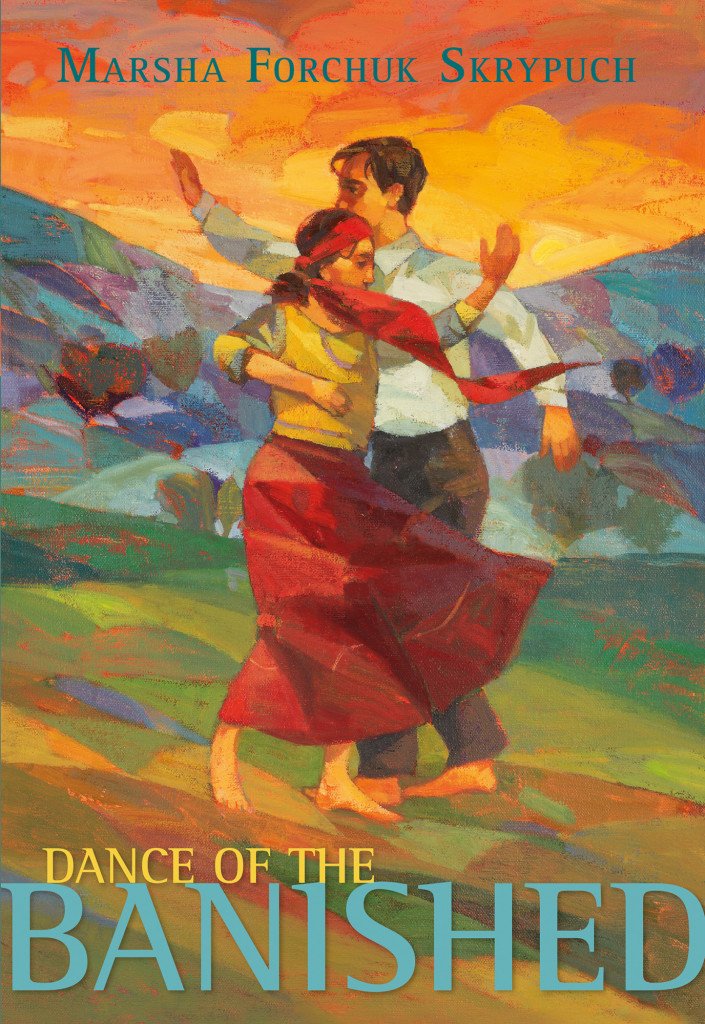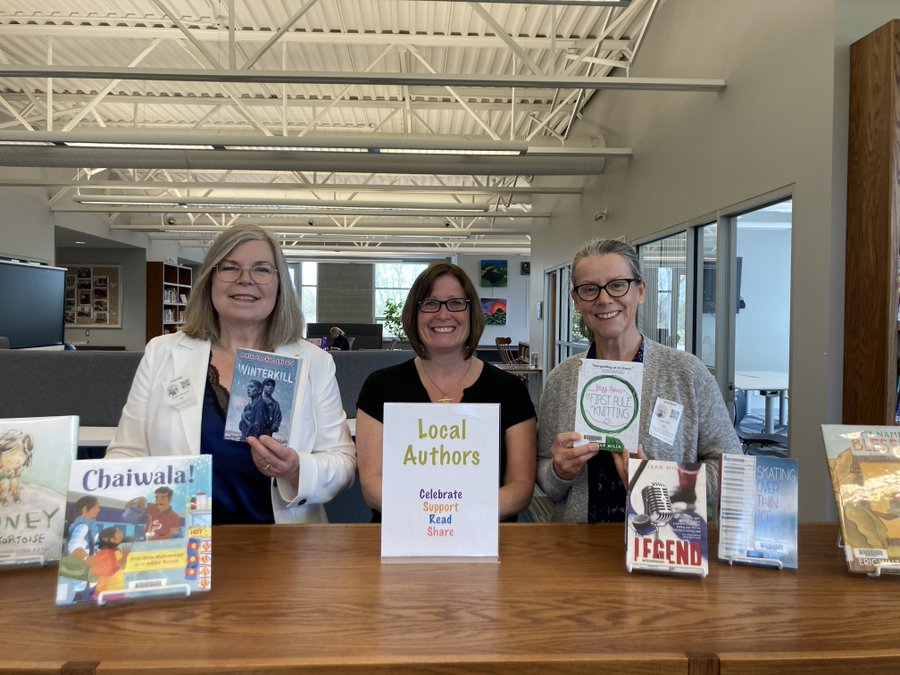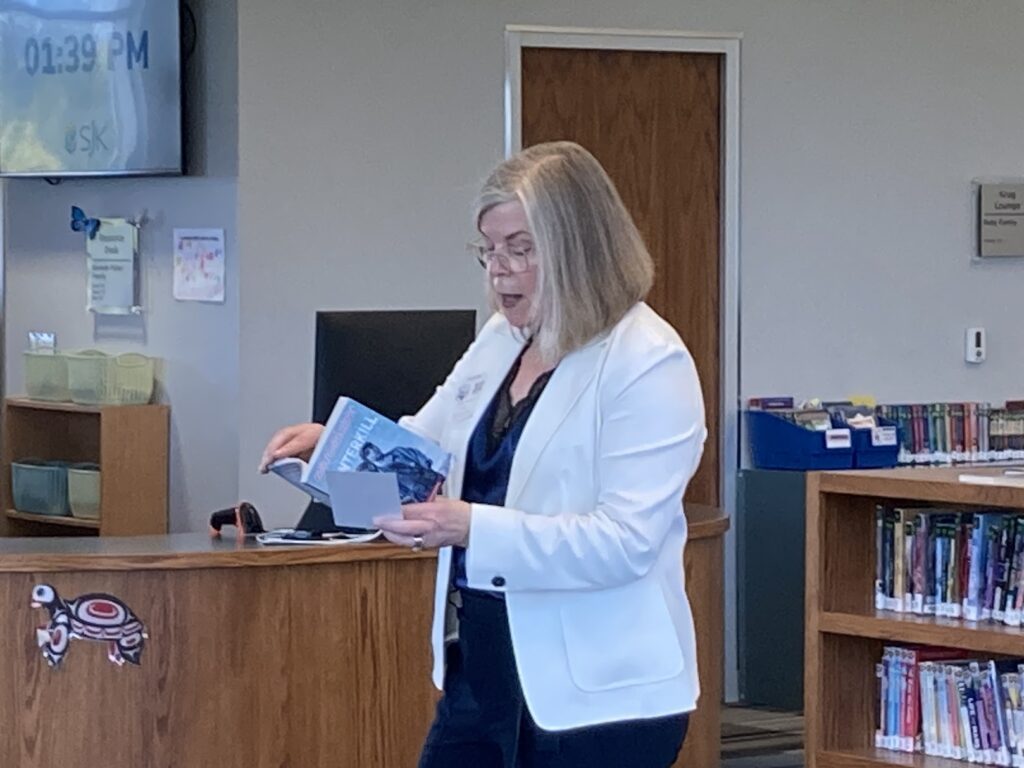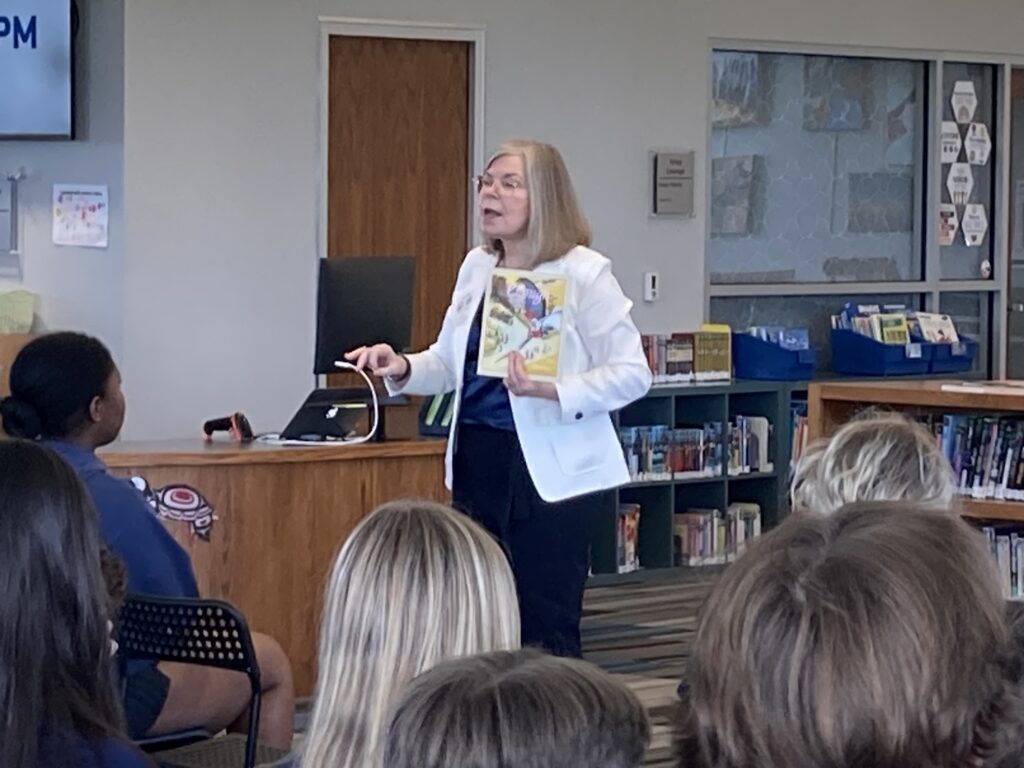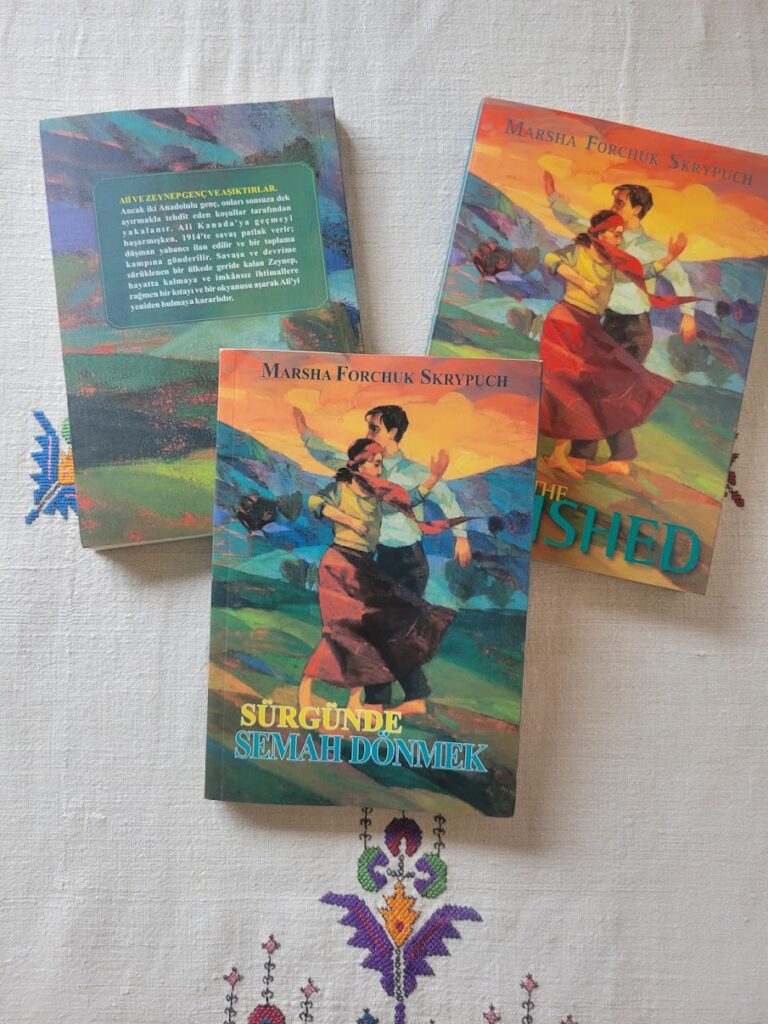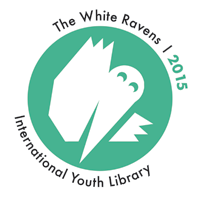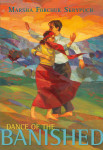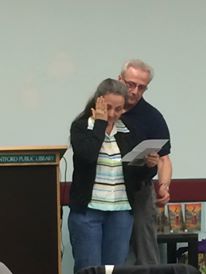 This review made my day!
This review made my day!
The year is 1913. Zeynap and Ali are teenage lovers in Anatolia (once Asia Minor, now modern Turkey) who part with a lingering sense of bitterness: Ali’s impending departure breaks their promise of escaping their village together. Feeling betrayed, Zeynap turns away: “I refuse to be your betrothed, never knowing when, or even if, you’ll come back.”
Ali will not give up hope of reunion: before he leaves, Ali presents Zeynap with identical journals: “While we are apart, keep this journal for me and I’ll write in the other for you … That way, we will still be together.” In return, Zeynap places her blue evil-eye bead over his head, a cherished momentum that has kept her safe since she was a baby. “I’ll always love you, but I will not wait for you,” she adds.
The Great War arrives in 1914, further separating the lovers. In Canada, Ali is sent to a prison camp for enemy aliens; Canada and Turkey are on opposite sides of the conflagration, and Anatolia is claimed by Turkey. At home in Anatolia, Zeynap bears witnesses to the genocide that obliterates over a million Armenian lives; her humanity and ingenuity make her an unlikely hero; her journal intended for Ali becomes a historical document of international importance.
Although the story is fictional, “it is based on real historical events,” award-winning Canadian author Marsha Forchuk Skrypuch writes in her ending “Author’s Note.” What happens to the lovers, their families, their homeland, demands and deserves far more attention. Both Zeynap and Ali are Alevi Kurds, an ethnic minority about which is little known in the West. They are Kurdish, not Turkish; they are not Muslim, they are Alevi, “a 6,000 year-old religion that originated in Anatolia. Over the centuries Alevism has incorporated aspects of other religions,” Skrypuch explains.
Already the author of five titles “set during the Armenian Genocide,” Skrypuch elucidates how “in all that writing and research, [she] completely missed an outstanding instance of bravery: the rescue of 40,000 Armenians by the Alevi Kurds of the Dersim Mountains.” Five years earlier, Skrypuch learned about a hundred “enemy aliens” living in her hometown of Brantford, Ontario, who were rounded up in the middle of the night on false charges, jailed, and sent to prison camps.
“These men were victims of shameful wartime hysteria directed at foreigners, yet they had come to Canada because of its reputation for freedom and tolerance.” Listed as Turkish, the men turned out to be Alevi Kurds. And so Skrypuch’s Dance began. The result is an eye-opening, significant literary and historical gift to readers, young and old.
